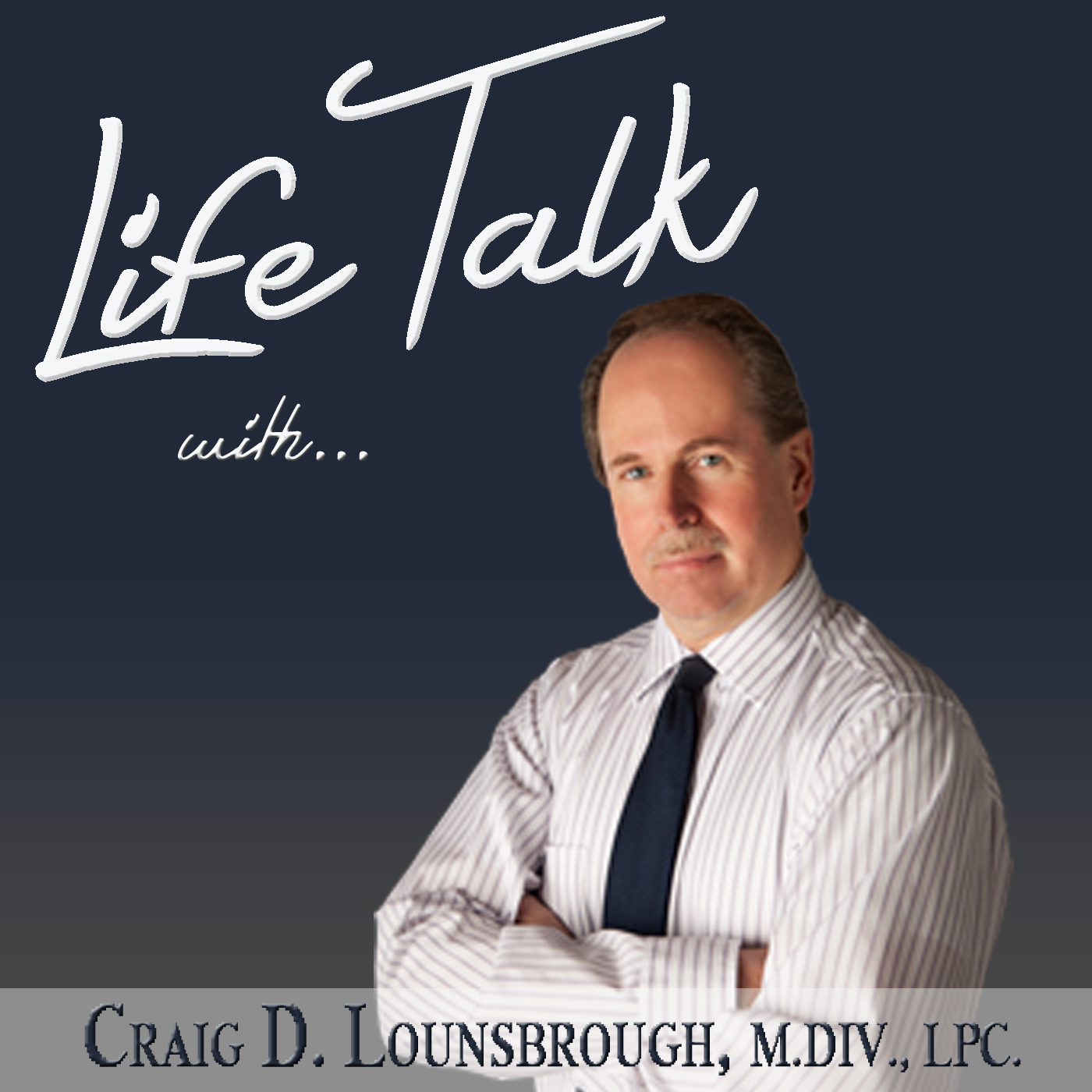Episodes

Wednesday Feb 22, 2017
Mining Memories - The Tool of Memory
Wednesday Feb 22, 2017
Wednesday Feb 22, 2017
So, what’s up with memories? We all have hoards of them, apparently endless reams of them that run a seemingly impossible gamut. Our memories encompass a boundless array of events. They’re expansive enough to fully embody the entire breadth of our emotions. They can be crystal clear and irreparably clean in their recollections. They can likewise be fuzzy, misty-like and somewhat fluid; creating dramatic and moving renderings of our past from the abstract, to the surreal, to something quite conventional. Memories preserve what would otherwise be lost and they create a means by which to redeem ourselves through the lessons learned and adjustments made because we can recall it all enough to learn.
Are memories just sights and sounds and moments and experiences filed somewhere in some methodical filing cabinet located in the gray fissures of our brains? Are memories about some internal hard drive that collects all this stuff for retrieval at some critical or possibly opportune time? Clearly, memories have a vitally important place in our lives, otherwise why would we have them in such wonderful and woeful abundance? The ability that we have to store information and experiences and feelings serves a multitude of indispensible purposes. In fact, it’s likely that we simply couldn’t live without the mind’s ability to remember and to recall. If we could, we would certainly be so much the poorer.
So it would appear that memories and the ability to recall things would appear to be incredibly, possibly indescribably important. The question is do we maximize this ability? Do we utilize this marvelous faculty as fully and as completely as we could or should? Have we ever even considered the magnitude of this seemingly fathomless resource or do we embrace it as little more than a tool to reminisce, or a curse that causes us to remember that which we’d much prefer to forget? Does memory become just the stuff of curious trivia or abundant fodder for colorful conversation? Or is it possible that this ability is far more valuable and more indescribably powerful than we even begin to realize. It’s possible that we don’t even come close to understanding what this amazing resource can do. Have we then forfeited a quite phenomenal resource? Because we do, we leave it languishing as some sort of all too common process that readily generates trivia and information, but is lacking for life-altering substance.
Memory Feeds Us
Amy Tan wrote, “Memory feeds imagination.” Memory is the vast and endless storehouse that ceaselessly feeds the richest parts of our deepest selves. It’s the copiously rich and prolific food-stuff from which the marvel of our core humanity is luxuriantly nurtured. Memory refuses to grant us permission to live solely in the one-dimensional realm of the present. Instead, it affords us the opportunity to live in the flourish of the present while simultaneously sipping fully on the many variant flavors of the past. Memory can seamlessly draw from both the past and the present, feeding more than sufficient creativity to live with flourish in the present and robustly create an entirely innovative future.
Memory Preserves
Memory is that thing that will not allow life to listlessly pass by and be forever lost in the passing-by. Life comes by once and if it were not somehow captured in the passing we would hold it only for the moment that we have it, and then it would be gone. We would be creatures of the moment only and we would be unable to take every moment and use those moments to build on every other moment. Memory allows for the amassing of a prolific array of building blocks rather than living with the flatness of holding onto the building block of the moment and having to forfeit it for the building block of the next moment and then the moment after that. Memory preserves.
Memory Maximizes the Storehouse of the Mind
The human mind is incomprehensibly vast. Such is the extent of the mind that we’re not even remotely capable of understanding what it can do. The only limitation that the mind has is the amount of information and experiences that’s put into it, not the capacity to store it. If we leave the mind empty, if we’re unable to seize each moment and store those moments in the mind’s vast storehouse for retrieval, the immense size of our minds simply wouldn’t matter. Why foolishly squander the resource of the mind by leaving its vast enclaves empty and barren? Why would we let empty space define us?
Memories Build on Themselves
Tyron Edwards wrote, ““Contemplation is to knowledge what digestion is to food - the way to get life out of it.” If we simply see memories as memories, as nice or not so nice places to walk around and reminisce we won’t mine the riches in them to enhance the riches in them. We walk through our memories for a whole lot of reasons, but typically not to submerge ourselves in them in order to let them build upon themselves. Typically our trip into them is much more something similar to a casual jaunt and a whole lot more superficial than serious; something like a stroll rather than an expedition, or a walk in the park verses parking ourselves in them. We miss the fact that memories build upon themselves in a prolific flowering that makes the sum total of the memories greater than their individual parts. Memories expand in their encounters with other memories.
Memories Mark History
Memories are the files that hold our histories. Histories grant us an undeniable and powerfully sustaining sense of purpose as they recite our paths. In reciting our paths we develop a sense that our lives were not the woven from the fabric of randomness, but that there is a rational progression that suggests something of meaning and intent. Memories map out a path taken that permits us to see a rhyme and reason to what appeared to be randomness. They allow us to see our lives in retrospect and in doing so to identify footprints that, from the distance afforded by memory, are anything but wandering. It’s here that we come to understand that our apparently meaningless and misdirected lives have something a whole lot more purposeful to them. In such a telling discovery, we can see that our lives had a rationale that suggests undeniable purpose.
Remembering Memories
You might be well advised to wade into the vast seas of your memories. Such a journey is potentially rich, certainly richer than meandering, or more likely, running away from them.


No comments yet. Be the first to say something!